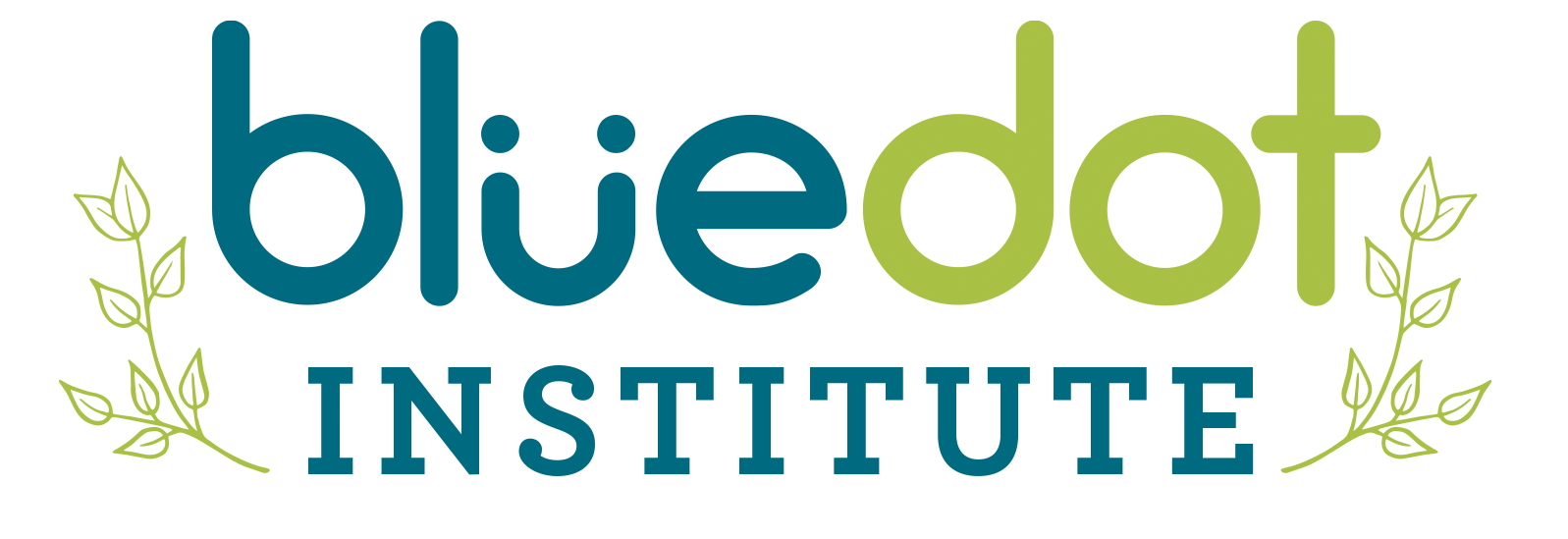The Bluedot Institute features conversations with middle and high school students about the environmental projects they are doing at their schools.
Juliet Falk attends the Bronx High School of Science in Bronx, New York City, and recently completed a research project about plastic utensils in her school, and how biodegradable “sporks” could significantly cut down on plastic waste. This summer she will be a Bluedot Institute Summer Intern before she enters her senior year.
Eating at the cafeteria and using these plastic utensils, it’s very obvious and easy to see there is a lot of waste with individually wrapped separate utensils for fork, knife, and spoon.
–Juliet Falk
Question: How did you first get involved in sustainability and environmentalism?
Answer: As a student I was always very curious and ambitious in terms of trying to be a leader in different environmental group projects. I’ve grown up through all these climate developments and have increased awareness around these issues.
Q: You chose to write about the environmental benefits of implementing biodegradable sporks in New York City public schools. Why did you choose this particular topic?
(Editor’s note: A spork is a combination of a fork, a knife, and a spoon.)
A: What prompted me to do this research and learn more about this topic was when I was given this opportunity to do a project to improve life in my community. My mind went to environmental concerns because that’s a big problem in the city, especially related to waste management. At my school we also have climate protests, which allowed me to meet other people equally invested in environmental and sustainable initiatives.
Q: What did you set out to learn at the beginning of your work?
A: The scope of the project itself and the research was intended to be a more community focused local thing, so we were trying to think of things that were directly impacting people at my school or other high schools across NYC. Eating at the cafeteria and using these plastic utensils, it’s very obvious there is a lot of waste with forks, knives, and spoons being individually wrapped. This is the mindset of throwaway culture which I addressed in my research — the mentality of not really taking the time to recycle or separate different waste. At my school we do have recycling options but how much is that actually being utilized?
Q: What were some surprising things you learned while doing your research?
A: What surprised me a lot was that we had each utensil individually wrapped in single-use plastics. Why would we not just put all three utensils in one wrapping? Again, there was just not the concern for the amount of waste. Most of the recyclable utensils were thrown into the trash instead of the recycling.
Q: What do you hope people take away from reading your piece?
A: I want people to understand that we want to help the environment and do what we can, but that doesn’t always manifest in our daily lives, especially in our school when we are just eating and having fun at lunch. We don’t often think about these small nudges and how they can really make a difference. I also ran a survey of people in my school that other classmates and teachers filled out, which was used to gauge people’s level of involvement. Do you recycle? Do you think it would be beneficial if we had sporks? One question we asked was do you know where the recycling bins are in the cafeteria? Around 70 percent said that they didn’t. That was an eye-opener.
Editorial summary:
Juliet’s project on the waste created by individually wrapped plastic utensils in her school cafeteria uses not only her own experience, but thorough research and surveys of fellow students to determine waste literacy. She wanted to provide a pragmatic and attainable solution to the waste created by disposable forks, knives, and spoons — she suggests biodegradable sporks. Through her rigorous work, Juliet paints the picture of a cafeteria that implements sustainable practices wherever possible, and shows students how to effectively recycle and mitigate plastic waste.


